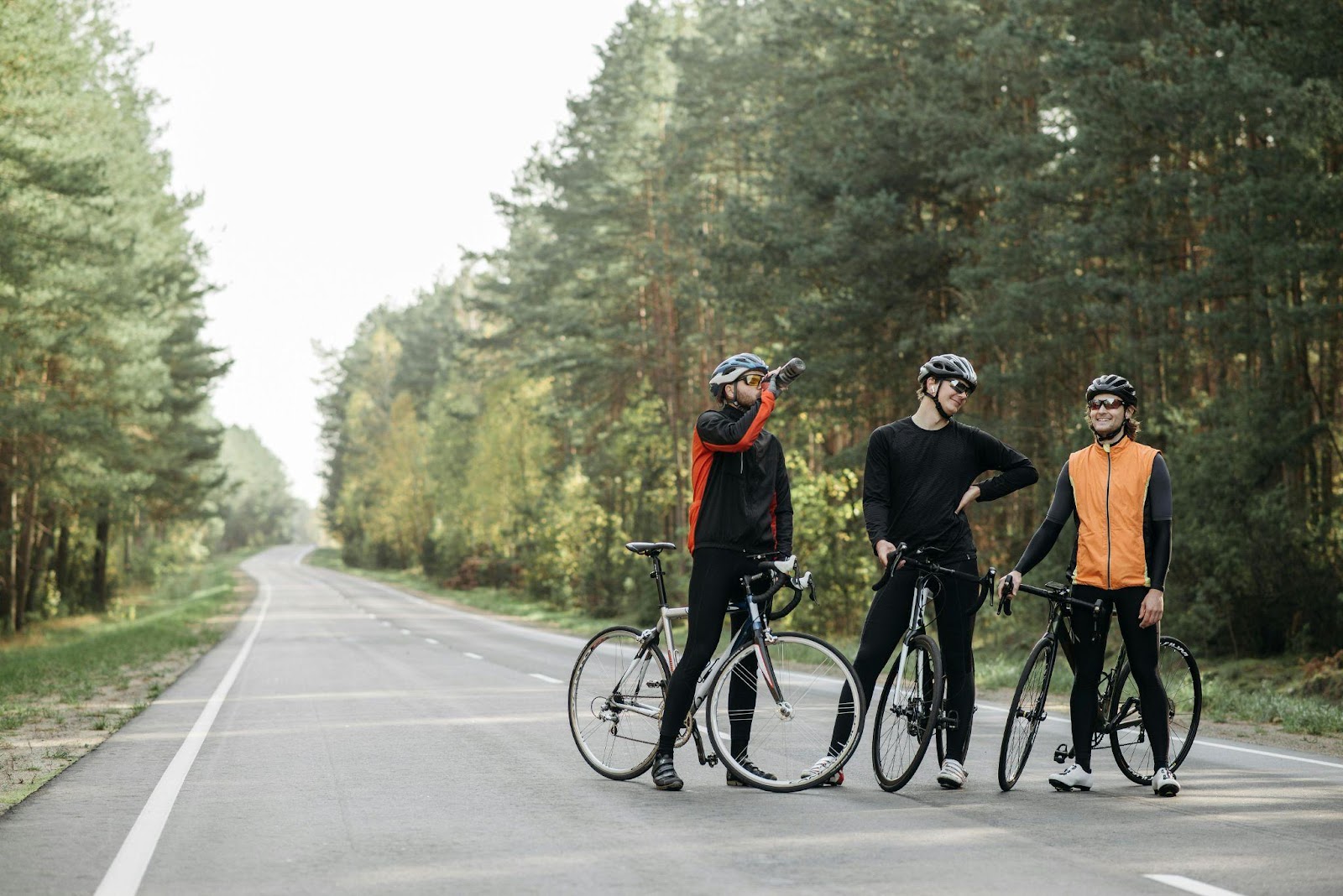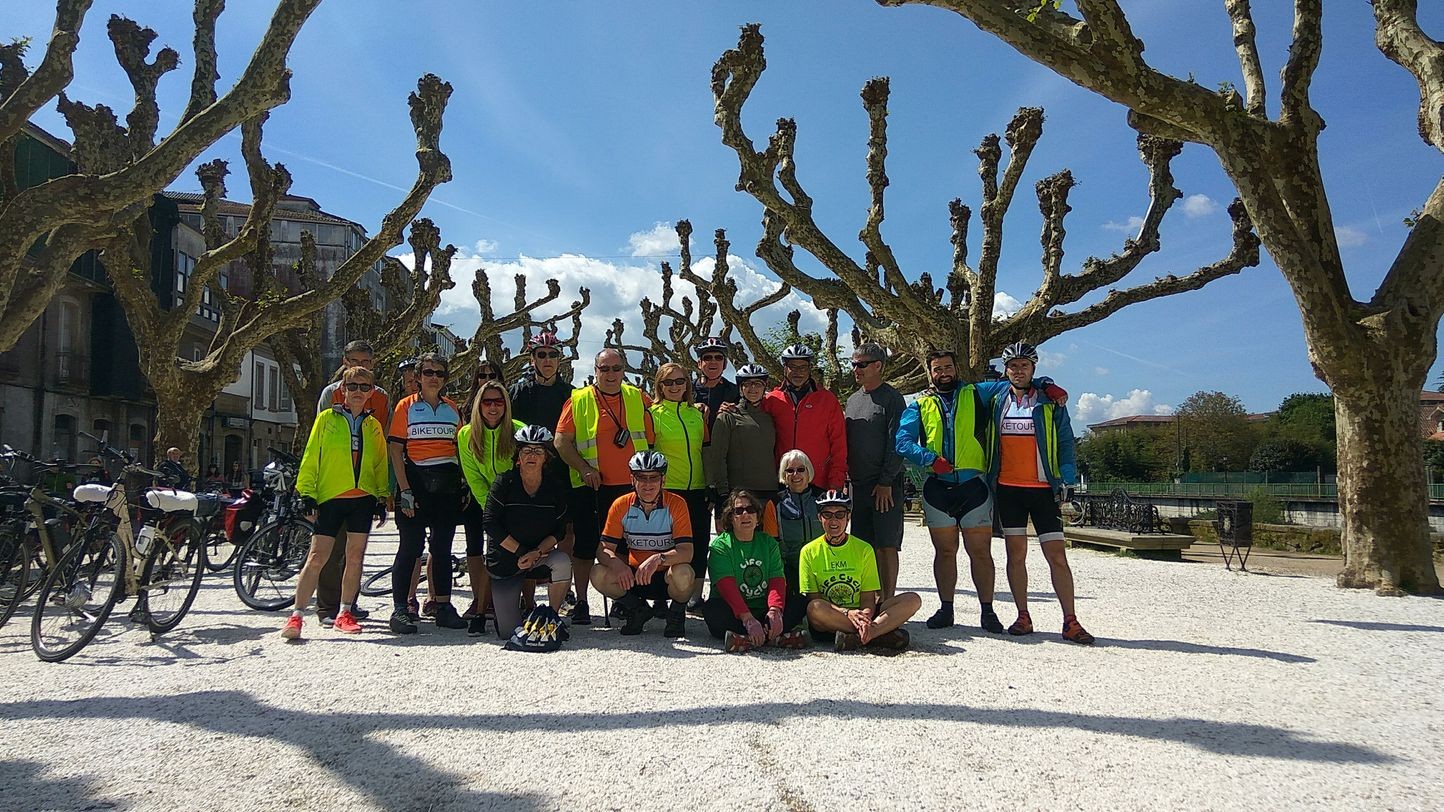The role of Bike Tours in promoting sustainable tourism
Cycling allows you to experience the journey in a completely different way. In contact with nature and heritage, you can become deeply involved with the environments you pass through, the scenery you contemplate and the places you pass by.
An important factor in bicycle travel is also the environmental impact.
The climate emergency is real, and reducing greenhouse gas (GHG) emissions is crucial to this great challenge.
In this article, we list several advantages of Bike Tours in promoting sustainable tourism in Portugal: the environmental benefits of Bike Tours, the ecological impact of cycling, Bike Tours and environmental preservation, conscious tourism experiences, reducing emissions with bike trips, and Bike Tours in protected natural areas.
What is sustainable tourism and how do bike tours fit in?
Sustainable tourism seeks to minimize the negative impacts of tourism on the environment, culture and local economies, while enhancing the benefits for communities and travelers.
This concept is based on three pillars: environmental sustainability, social responsibility and sustainable economic development.
Bike tours are circuits made by bicycle, which do not consume fossil fuels and do not contribute directly to environmental degradation. As such, they add value to the consolidation of sustainable tourism in Portugal.
Environmental benefits of Bike Tours compared to other means of transportation
The environmental benefits of Bike Tours are many, and the link to sustainable tourism in Portugal is clear. When compared to other means of transportation, any doubts about the ecological impact of cycling are dispelled, and its advantages become clear.
Replacing a car or motorcycle with a bicycle drastically reduces your carbon footprint. Fossil fuel vehicles emit an average of 2.3 kg of CO₂ per liter of gasoline consumed. On the other hand, bicycles require less energy and raw materials to manufacture, and their maintenance and disposal have a much lower environmental impact.
The ecological impact of cycling is low, making Bike Tours conscious tourism experiences that reduce carbon emissions. Bike tours and environmental conservation thus go hand in hand.
How Bike Tours promote temporary work in local communities
Sustainable tourism in Portugal also emphasizes the pillar of economic development. Bike tours can promote temporary work in various ways, creating opportunities for local communities and tourism professionals.
In high season, guides specializing in cycling, history, culture or local geography can be hired to accompany groups of tourists. Local communities also benefit by offering accommodation and food services and participating in the commerce linked to these conscious tourism experiences.
Examples of sustainable bike tours in Portugal
Top Bike Tours offers several examples of sustainable tourism in Portugal by bicycle:
- Costa Vicentina and Algarve Bike Tour: 378 km through the Southwest Alentejo Natural Park.
- Silver Coast: Porto to Coimbra Bike Tour: A 243 km tour that takes participants from Porto to Coimbra, exploring the Silver Coast.
- Minho Bicycle Tour: A 238 km route that allows you to discover the Minho region.
- Douro Wine Tours by Bicycle: Explore the Douro wine region over 133 km.
- Trás-os-Montes and Alto Douro by Bike: 369 km long, it explores the regions of Trás-os-Montes and Alto Douro.
These circuits allow you to reduce emissions by traveling by bicycle, while enjoying the wonders of the country.
Tips to make your bike tour even more eco-friendly
The idea of sustainable tourism in Portugal can be strengthened with strategies that make bike tours more environmentally friendly:
- Environmental education: Include moments of learning about biodiversity and sustainable practices in your touring routes.
- Careful planning: Avoid environmentally sensitive areas.
- Support local conservation: Choose Bike Tours that fund environmental conservation projects.
- Conscious use of resources: Plan your routes efficiently to reduce unnecessary spending.
Bike tours in protected natural areas not only help fund conservation projects, but also enhance conscious tourism experiences, promoting a more sustainable future.


